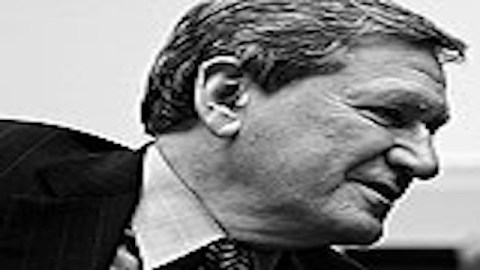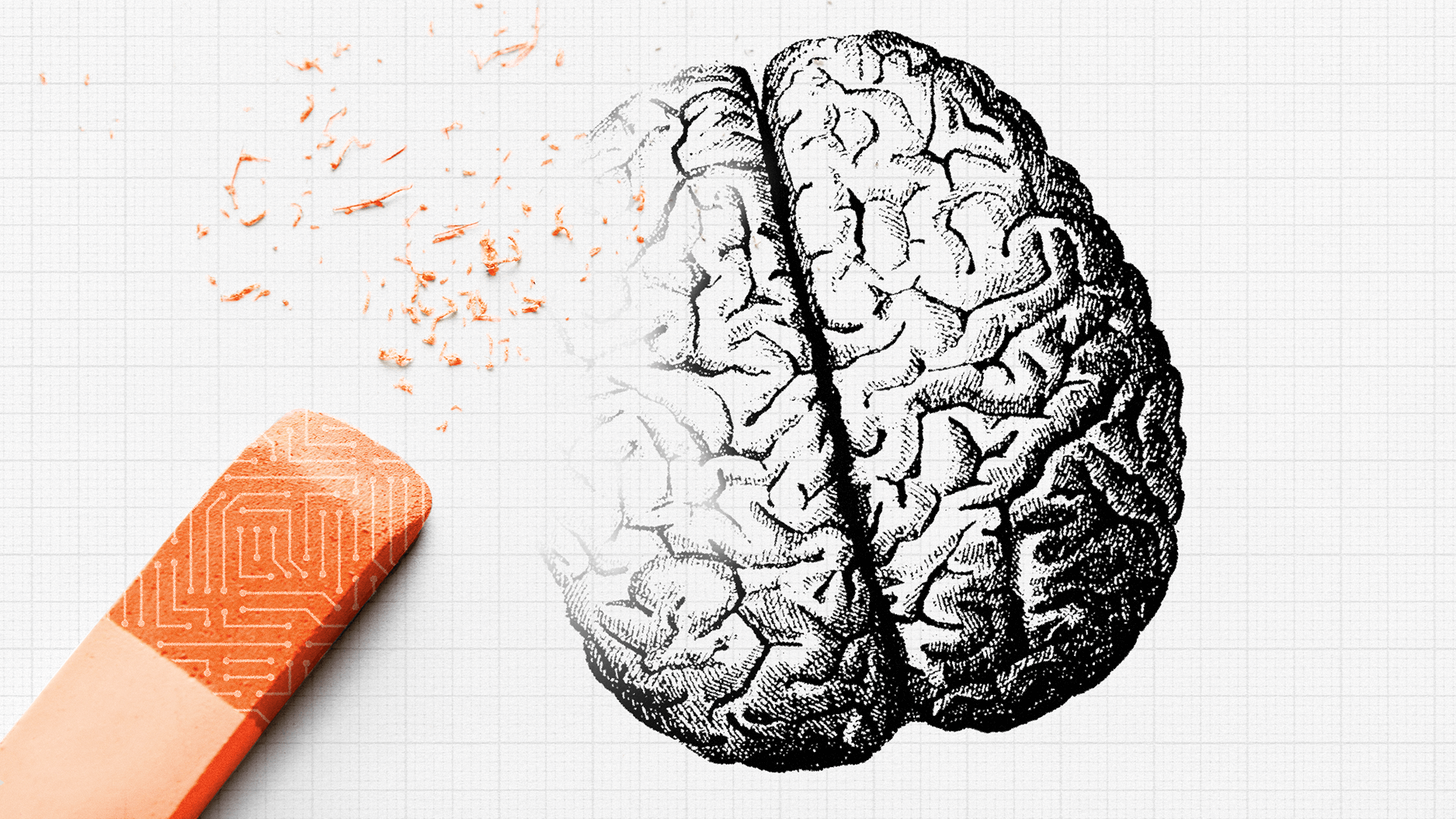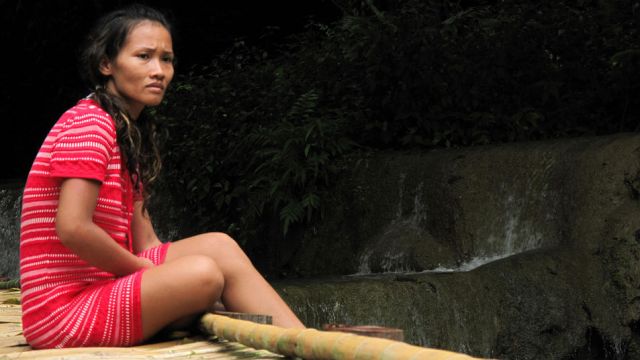Richard Holbrooke Had Everything He Needed (He Was An Artist)

He didn’t look back.
David Remnick’s recent thoughts on the Khodorjovsky trial, its parallels—and non-parallels—to an earlier Soviet prosecution (of poet Josef Brodsky) made us think about poets, diplomats, and businessmen. And then the world lost a man who was all of these things: Ambassador Richard Holbrooke.
If Eminem can stake claim to being the poet in his field, Mr. Holbrooke can take the title in his. Thousands of tributes pouring out online, in print, and on television make clear: there was art in what Holbrooke did, and while the price of that art may have been high at times it was never overvalued. The world was not too much with him, and he will be sorely missed.
On his show last night, Charlie Rose convened a group of the Ambassador’s closest friends: Les Gelb, Richard Beattie, Frank Wisner. These are one generation’s Wise Men, heirs to those of a generation prior, the generation to which Holbrooke formed a conscious, living link: the Greatest Generation. For many of those born in the forties and fifties, diplomatic power would accrue to a different kind of “greatness,” one exercised in a world whose battle lines looked less like classic school maps. Rose showed clips from old interviews. In one, from May of 1998, Holbrooke discussed his goals, and why he does what he does. “It’s like mountain climbing. I mean, why do people climb mountains? To test yourself. And Bosnia was the Mount Everest of diplomatic problems.”
He talked about his work in that place, a place redolent with history, Europe’s “tinderbox.” He pointed out a poem, Matthew Arnold’s “The Buried Life,” a portion of which he included in the acknowledgements of his book, To End A War. Here it is:
But often, in the world’s most crowded streets,
But often, in the din of strife,
There rises an unspeakable desire
After the knowledge of the buried life;
A thirst to spend our fire and restless force
In tracking out our true, original course;
A longing to inquire
Into the mystery of this heart which beats
So wild, so deep in us—to know
Whence our lives come and where they go.
To test yourself and to know yourself. Holbrooke was not Hamlet. Or was he? He liked action, but he valued thought. The level at which—and the ambition with which—he engaged in a life of service and for country is one aspect of a legacy he leaves the next generation, a generation he cared for deeply according to his friends. Not many politicians quote poets, and while proficiency in poetry is unrelated to political success, it says something. It says that however else one fills the day—especially in the case of days replete with real drama—a person takes time for repose, and in repose learns what they think and feel. “He died for his country as sure as any soldier,” wrote Hendrik Hertzberg in his New Yorker blog. The world will show Richard Holbrooke requisite deference for this, as will history.





